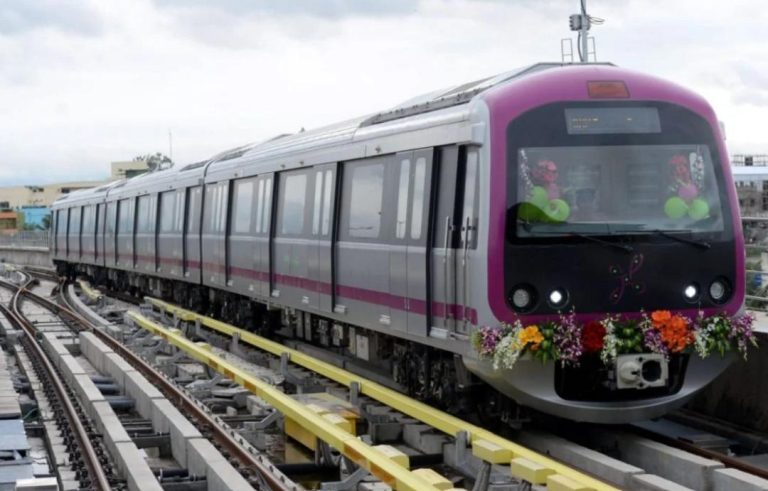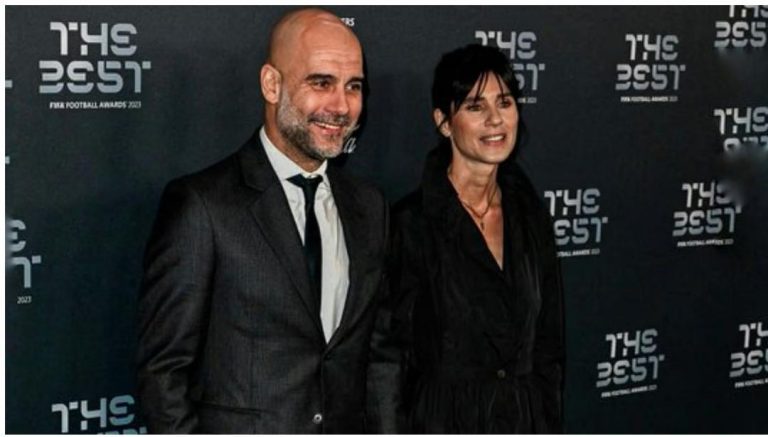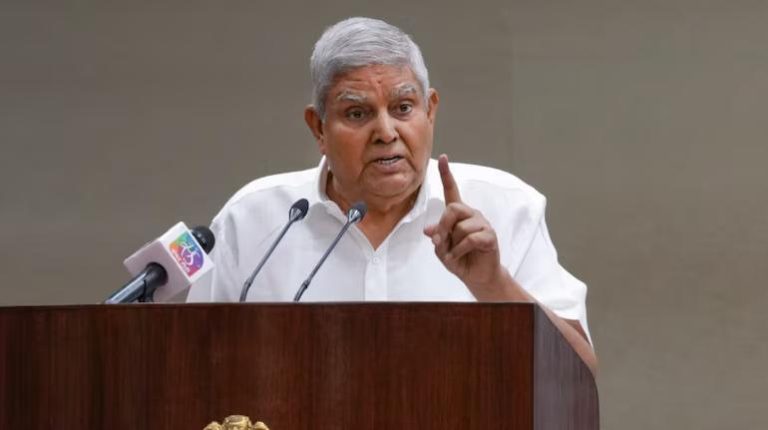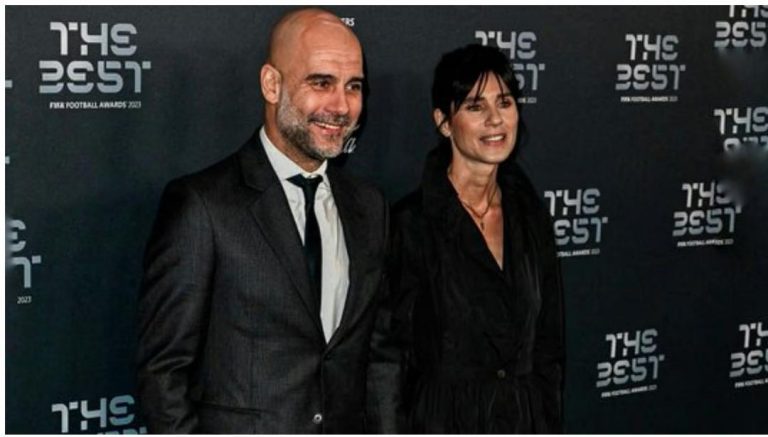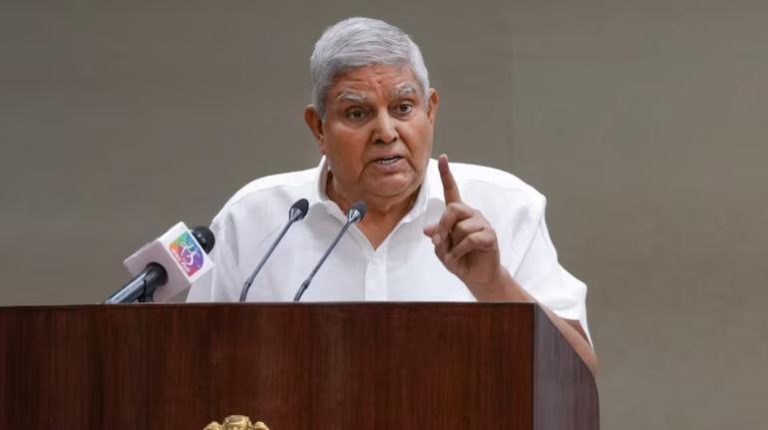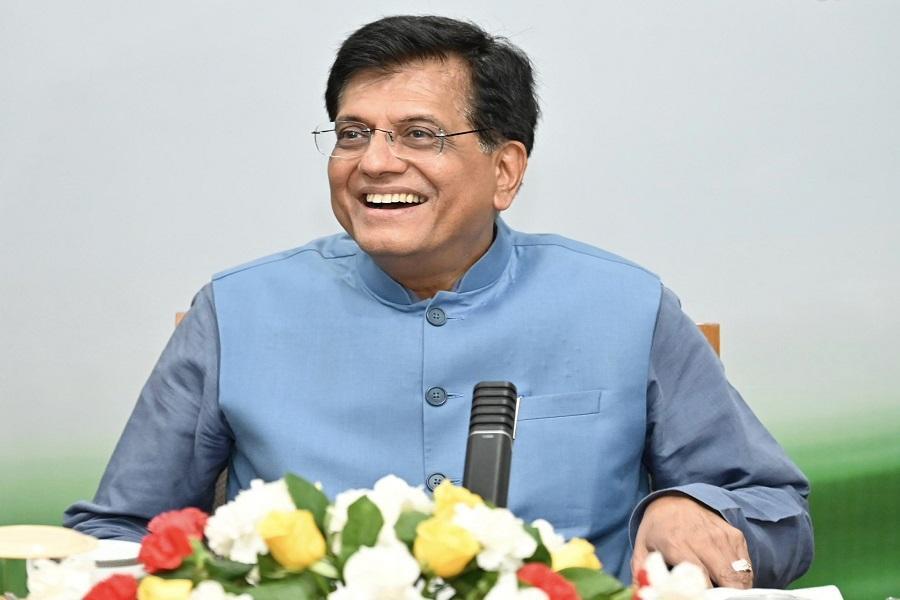
India Backs WTO but Seeks Urgent Reforms: Goyal
The World Trade Organization (WTO) has been a cornerstone of global trade for decades, providing a framework for nations to engage in international commerce. However, the organization has faced numerous challenges in recent years, including the withdrawal of the United States from the Appellate Body and the ongoing trade tensions between major economies. In light of these developments, India’s Commerce Minister, Piyush Goyal, has emphasized the need for urgent reforms within the WTO, while also reaffirming India’s commitment to working within the framework.
At the recent Global Technology Summit, Goyal called for clarity on several key issues, including the rules governing e-commerce, agriculture, and fisheries. He also stressed the need for a reassessment of the “developing country” definition, which he believes should provide fair chances for emerging economies to participate in global trade.
The Need for Reforms
The WTO was established in 1995 with the aim of promoting free and fair trade among its member countries. However, over the years, the organization has faced several challenges, including the rise of protectionism and the increasing complexity of global trade. The withdrawal of the United States from the Appellate Body, which is responsible for resolving disputes between member countries, has been a major blow to the organization’s effectiveness.
Goyal’s call for reforms is therefore timely and necessary. By providing clarity on key issues such as e-commerce, agriculture, and fisheries, the WTO can help to reduce trade tensions and promote fair and free trade. The reassessment of the “developing country” definition is also crucial, as it will provide emerging economies like India with a fair chance to participate in global trade.
E-commerce: A Key Area of Concern
E-commerce has revolutionized the way we shop, with online platforms providing consumers with access to a wide range of products from around the world. However, the growth of e-commerce has also raised several concerns, including issues related to taxation, consumer protection, and data privacy.
The Indian government has taken several steps to promote e-commerce in the country, including the launch of the Digital Payments Index and the introduction of the Goods and Services Tax (GST). However, more needs to be done to ensure that e-commerce is fair and transparent, with equal opportunities for all players to participate.
Agriculture and Fisheries: Important Sectors for India
Agriculture and fisheries are crucial sectors for India, with millions of people dependent on these industries for their livelihood. However, these sectors have faced several challenges in recent years, including declining productivity, climate change, and competition from other countries.
The Indian government has taken several steps to promote agriculture and fisheries, including the launch of the Prime Minister’s Kisan Sampada Yojana and the introduction of the Fisheries and Aquaculture Development Authority. However, more needs to be done to ensure that these sectors are sustainable and provide fair returns to farmers and fishermen.
Developing Country Definition: A Key Issue
The “developing country” definition has been a source of contention within the WTO, with developed countries often using this definition to justify their trade practices. However, the definition is outdated and no longer reflects the current reality, with many developing countries having made significant progress in recent years.
Goyal’s call for a reassessment of the “developing country” definition is therefore timely and necessary. The Indian government believes that this definition should be updated to reflect the current reality, with emerging economies like India having a fair chance to participate in global trade.
Conclusion
In conclusion, India’s Commerce Minister, Piyush Goyal, has emphasized the need for urgent reforms within the WTO, while also reaffirming India’s commitment to working within the framework. The call for clarity on e-commerce, agriculture, and fisheries rules, as well as a reassessment of the “developing country” definition, is timely and necessary.
The Indian government believes that these reforms are essential for promoting fair and free trade, while also providing emerging economies like India with a fair chance to participate in global trade. The success of these reforms will depend on the willingness of all member countries to work together and find common ground.
Source:
